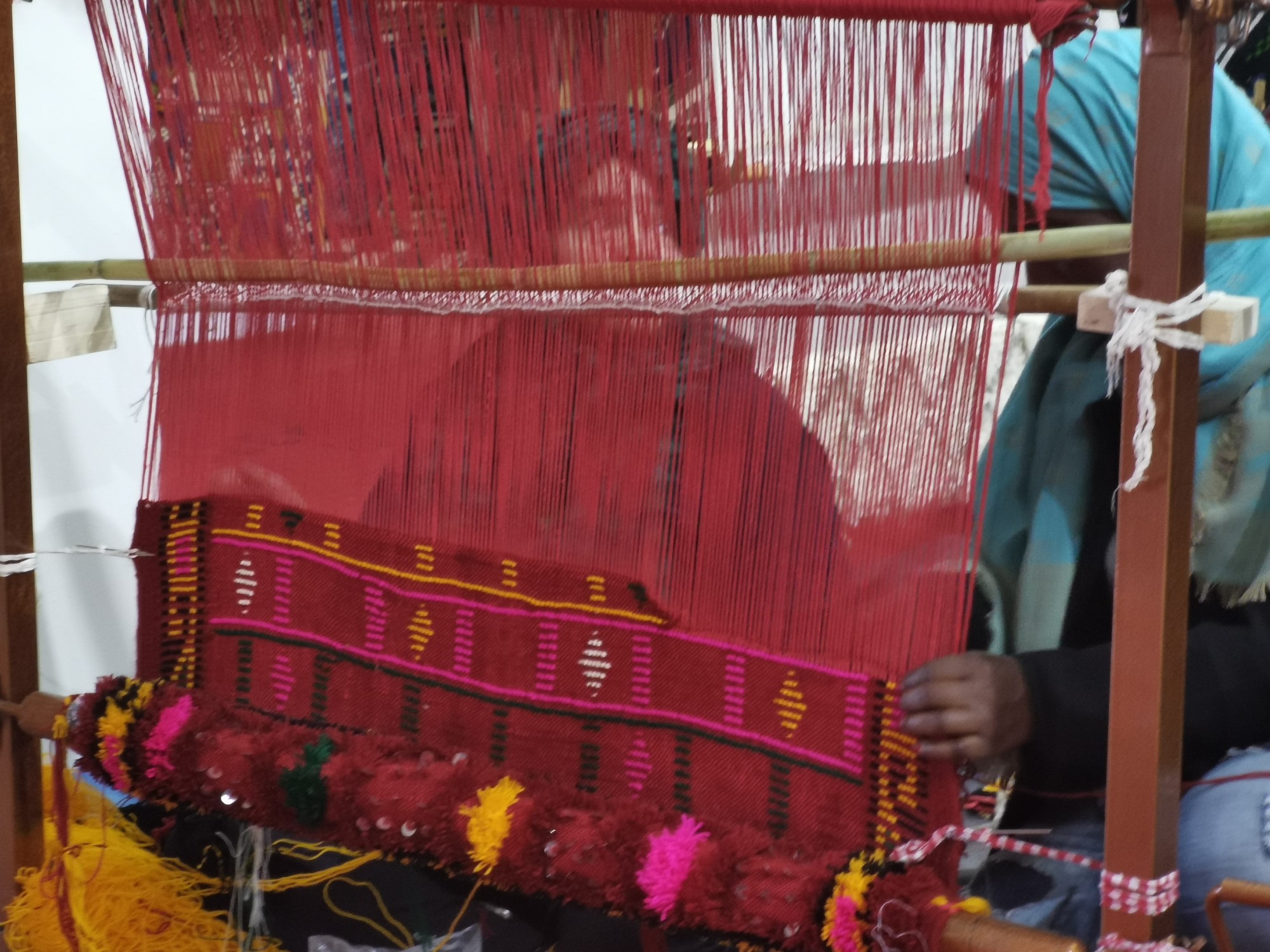The craftswomen of Morocco use sheep wool to create their rugs and carpets. The sheep wool is dyed without any hassle, and it allows for the creation of multiple colorful and knotted carpets/rugs.
These are high pile wool carpets that are called Berber carpets. The rug crafts with the help of effort and innovation. However, these rugs are handmade. All of these processes include sorting wool, mowing wool, weaving, washing, and framing. The work is delicate, and women can handle its true colors.
How to clean wool from sheep?
The first step is to prepare raw wool by removing all the impurities (straws and dirt). Now, the next step is to place the sheep wool in the sunlight. Secondly, the weaver washes the wool to remove any grease from the wool.
Washing the wool
The wool is dipped in water and clay, patted with a wooden spoon, to remove all the greasy particles. Next, the wool is washed with water. This process is carried out in the summer evenings with the help of natural water resources. However, this is a Moroccan festivity, and it is like a party where people wash wool and celebrate liveliness. The whole process begins with washing and ends on drying.
Then, the weavers sort out these segments of wool according to their colors, quality, and age. These factors will become the basis of using wool for different purposes. White wool is used for making coats and sleeveless hoods. In addition, thick wool is used for carpets and Berber rugs.
These coats and hoods are also prepared by hand.
Carding the wool
Here, the carding is also done by hand, which becomes the basis of wool spinning. There are two different modes of carding. The weaver then passes the wool between two plates to get fine woolen rolls. However, the second mode of carding involves experience to prepare bous.
Spinning the wool
Moreover, then comes the process of wool spinning. The spinning involves two different methods for warp and weft threads. Now, the wool is prepared in small portions by rotating it through a maghzel. The diameter of the yarn is determined according to the size to be woven. However, the fine threads are used for clothes like ‘jebba.’ The thick thread is used for blankets, rugs, and carpets (Berber carpet kilims), which gives a high-end look and appearance.
To produce a weft yarn, a different kind of maghzel is used. It converts the threads, giving a thin appearance.

